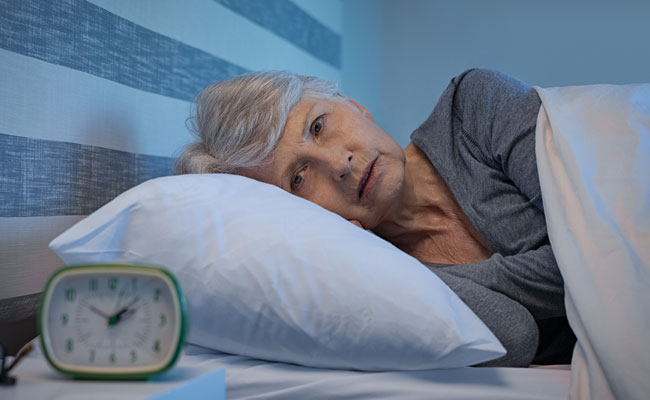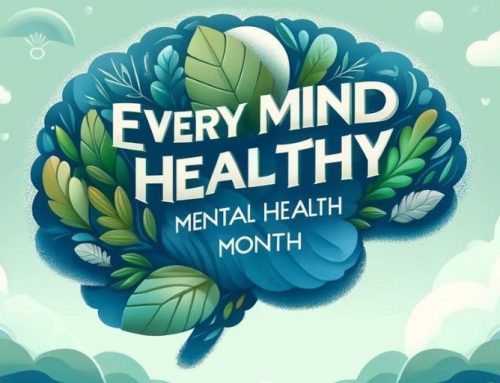It’s easy to think that insomnia is an issue of modern life. However, it’s a condition that roots back to at least ancient Greece.
Insomnia is the difficulty getting to sleep or staying asleep for long enough to feel refreshed the next morning. It is common, regularly affecting between 10% and 30% of people. Up to half of people have insomnia in a given year, and about 6% have insomnia that is not due to another problem and lasts for more than a month. Moreover, those over 65 are affected more often than younger people, and women more than men.
So how much sleep do we need?
A ‘normal’ amount of sleep for an adult is estimated to be between seven to nine hours a night. Children and babies may sleep for more, whereas older adults may sleep less. Teens stay up later and sleep later. The crucial determining factor is whether you feel you get enough sleep, and whether it is of good quality.
Put simply, you’re probably not getting enough good-quality sleep if you constantly feel tired and it’s affecting your everyday life. Persistent insomnia – and it can last for months or even years at a time – is typically followed by daytime sleepiness, low energy, irritability, and a depressed mood. It may result in problems focusing and learning. Relationship issues with friends, family and colleagues can follow.
Insomnia – what are the triggers?
Some of the most common issues that cause people to lose sleep are:
*stress and anxiety – worries that keep you awake
*a poor sleeping environment – uncomfortable beds or bedrooms that are too light, noisy or hot
*lifestyle factors – such as jet lag, shift work, or exercising, drinking alcohol or consuming caffeine too close to bedtime
*mental health conditions – like depression and schizophrenia
*physical health conditions – from heart problems and other sleep disorders to long-term pain
*some medicines – those for depression, epilepsy and steroid medications, for example.
Get bedtime organised, get sleep hygiene
Having a ‘sleep routine’ or what is sometimes known as ‘sleep hygiene’ and lifestyle changes can help. These are typically the first steps to treating insomnia and include:
*setting regular times to go to – and get up from – bed
*relaxing before bed – with a warm bath or calming music
*eliminating environmental issues – light and noise in your bedroom
*avoiding certain things close to or before bedtime – caffeine, nicotine, alcohol, heavy meals and exercise
*turning off the technology – TV, smartphones, tablets and computers emit the wrong kind of light
*limiting or not napping during the day
*worrying less – list your concerns along with possible solutions before bedtime.
Can medication help?
Although some people find over-the-counter or prescription drugs helpful, they tend not to address the underlying problem. Plus they can have troublesome side effects, such as next day drowsiness and even addiction.
Medications prescribed by your doctor for short term relief and looking at the underlying problem as well as looking for other causes including medical illnesses such as sleep apnoea. Making an appointment to talk you’re your doctor is important . Taking medication might be used short-term to break an insomnia cycle but is not recommended longer term. Only your doctor can discuss options for medication that maybe suitable for you
Cognitive Behaviour Therapy (CBT) – the proven natural solution
Experts agree that insomnia can often be resolved with CBT, whereby therapists try to help people recognize, change and avoid unhealthy patterns of belief and thought. CBT is considered the cornerstone therapy for insomnia and has been shown to have a sustained positive impact, without side effects.
How about natural alternatives?
Although the efficacy of alternative approaches is unclear and they aren’t regulated the way drugs are, you could consider:
*Magnesium – has mild sedative effects
*Melatonin – synthetic versions of this natural hormone can trick the brain into sleepiness
*Chamomile – acts on the brain receptors associated with sleep
*Valerian root – studies have shown that this can diminish sleep problems
*Tart cherry juice – studies have shown that this can increase melatonin levels in consumers.







